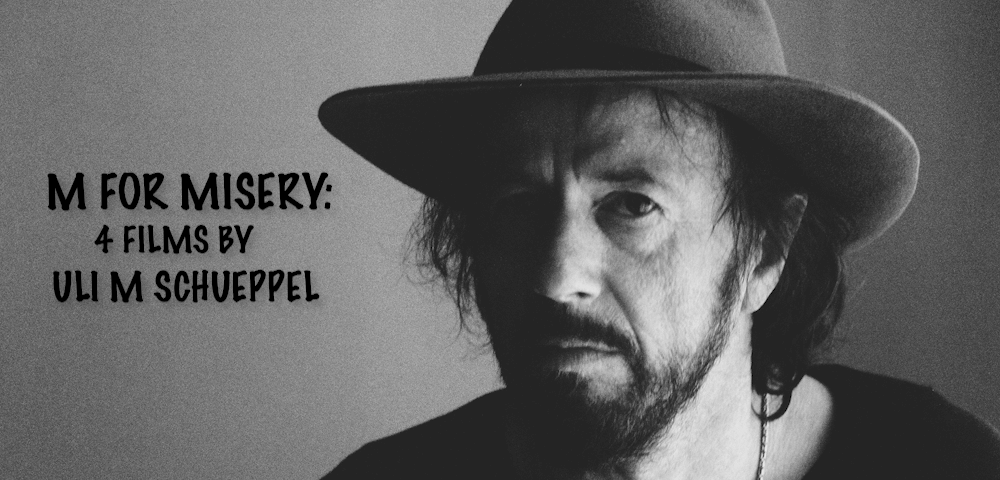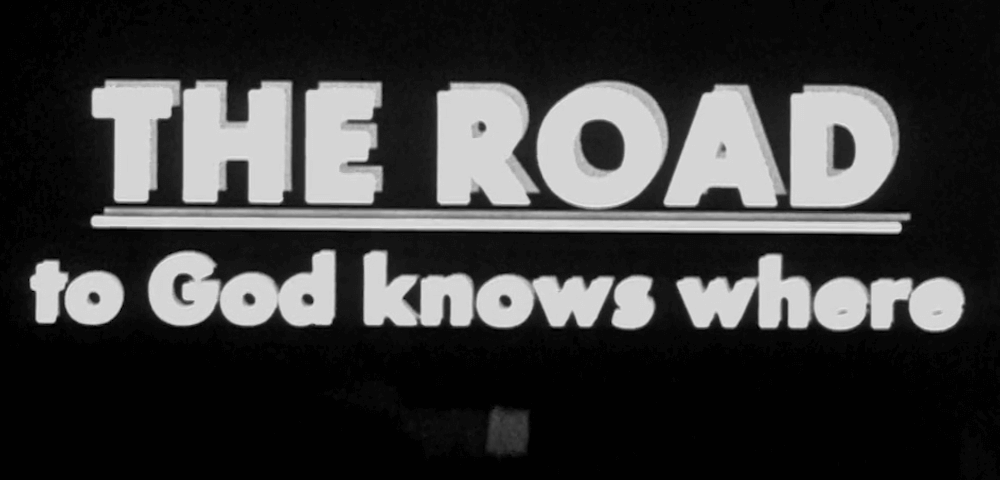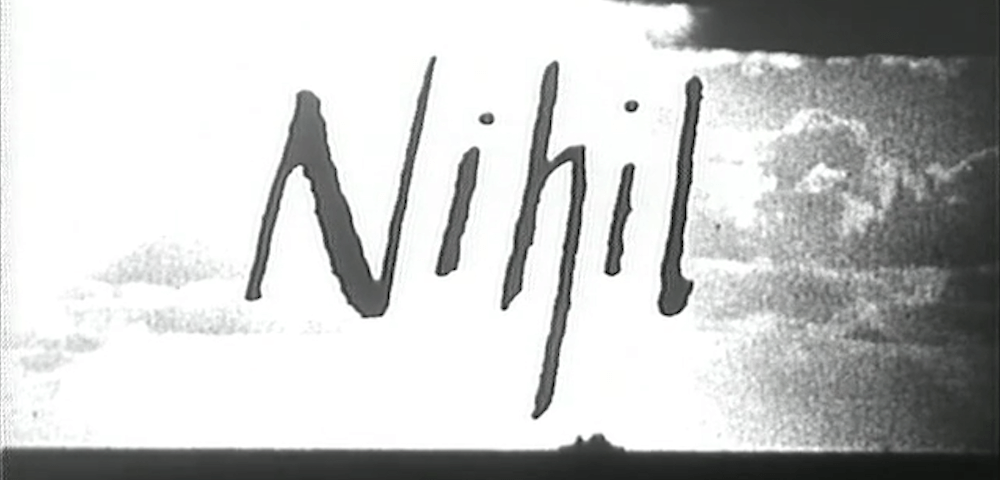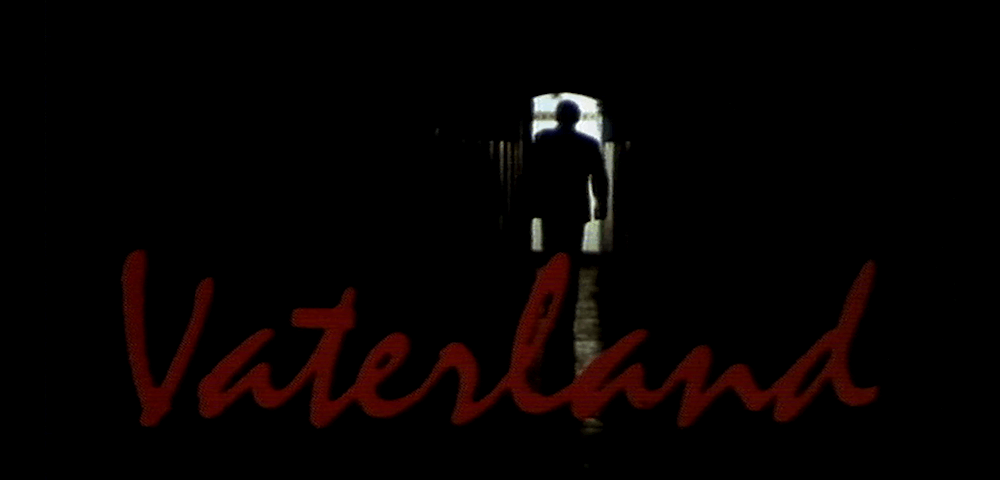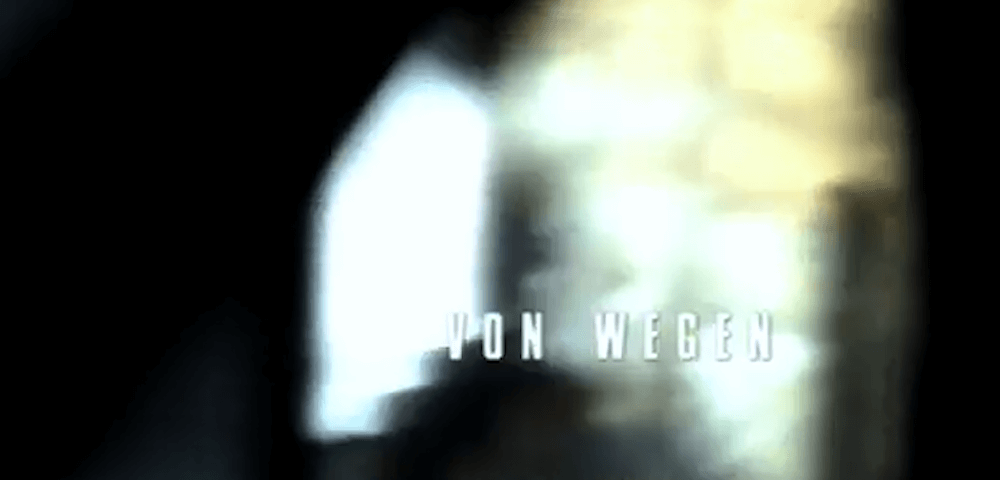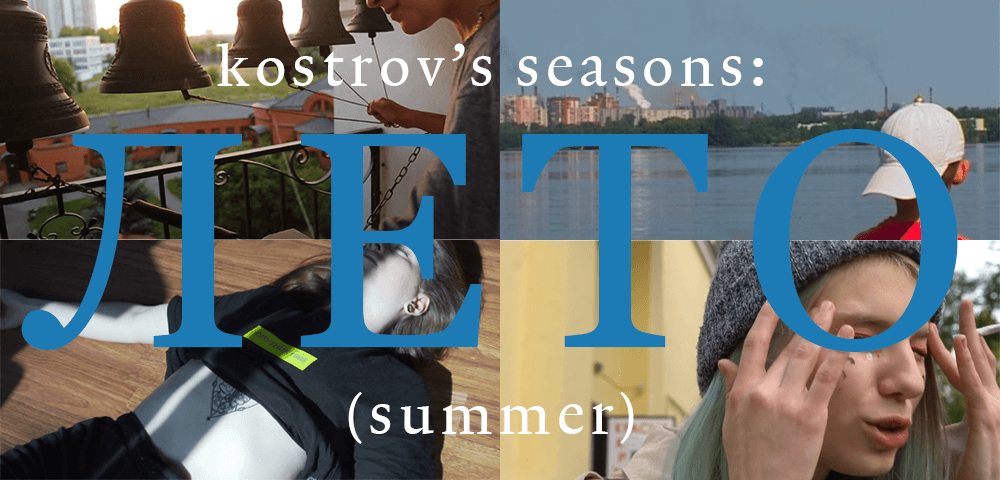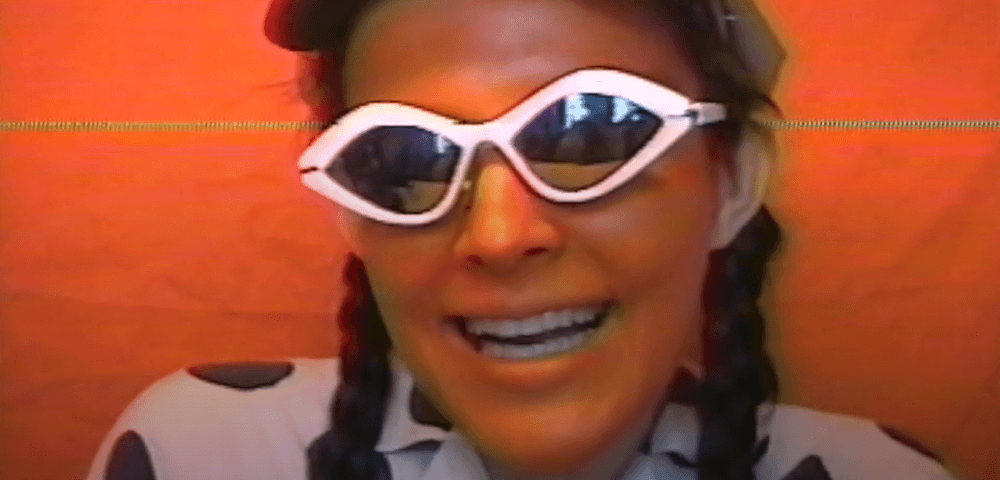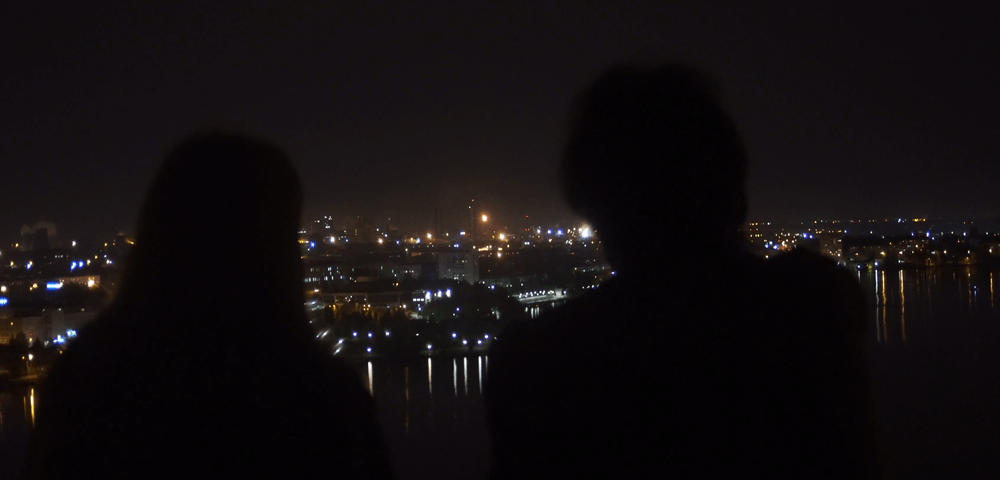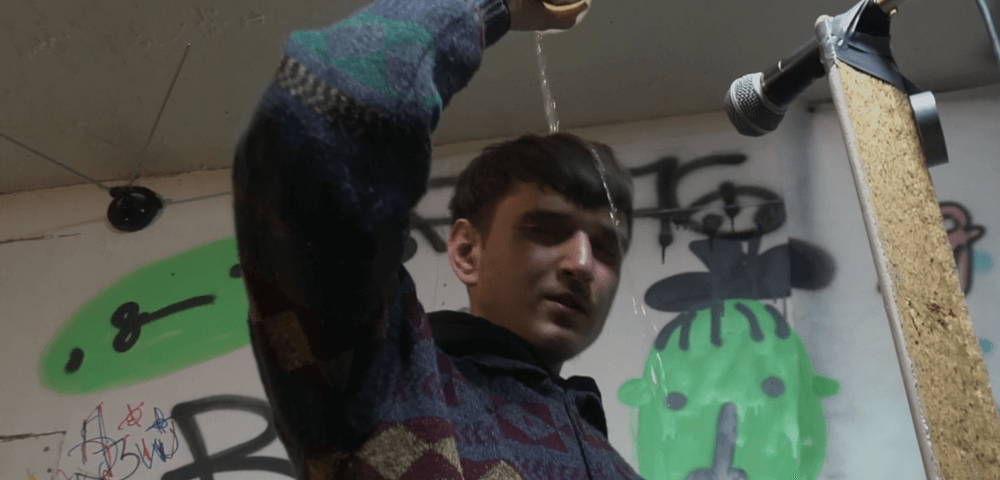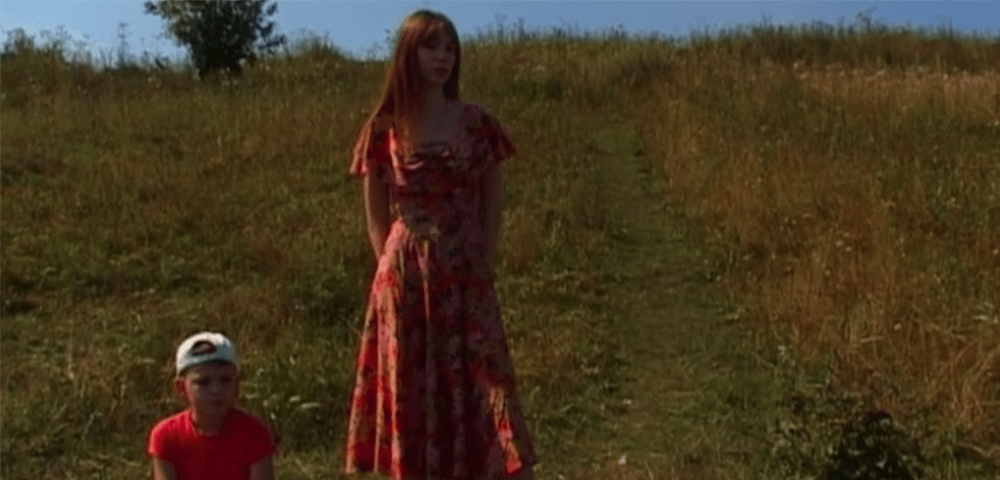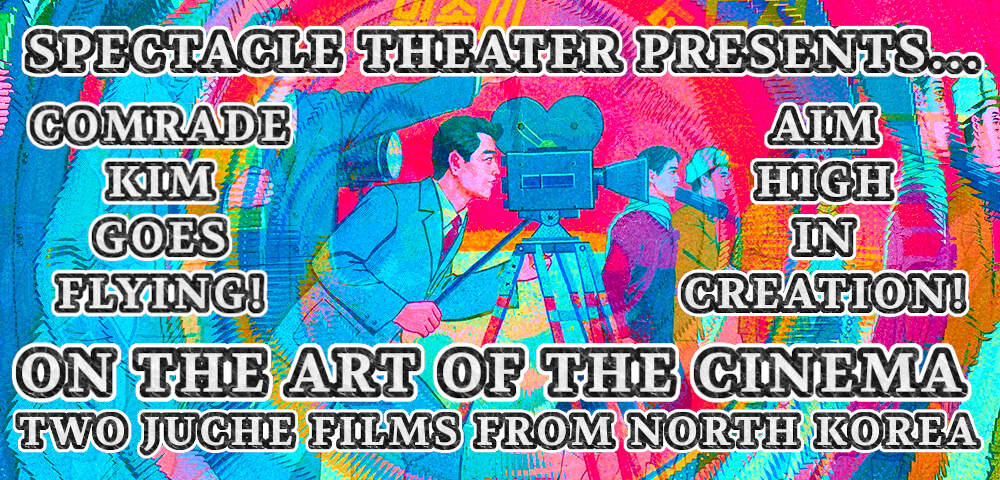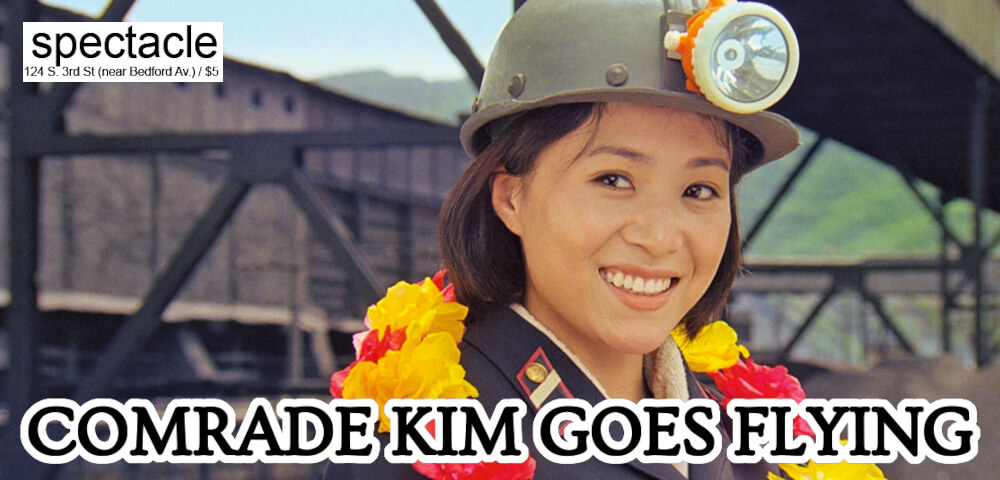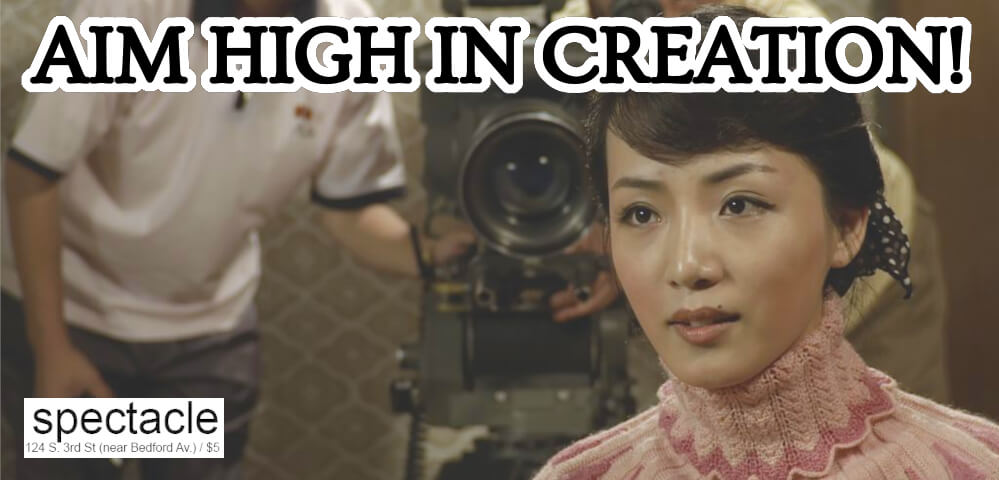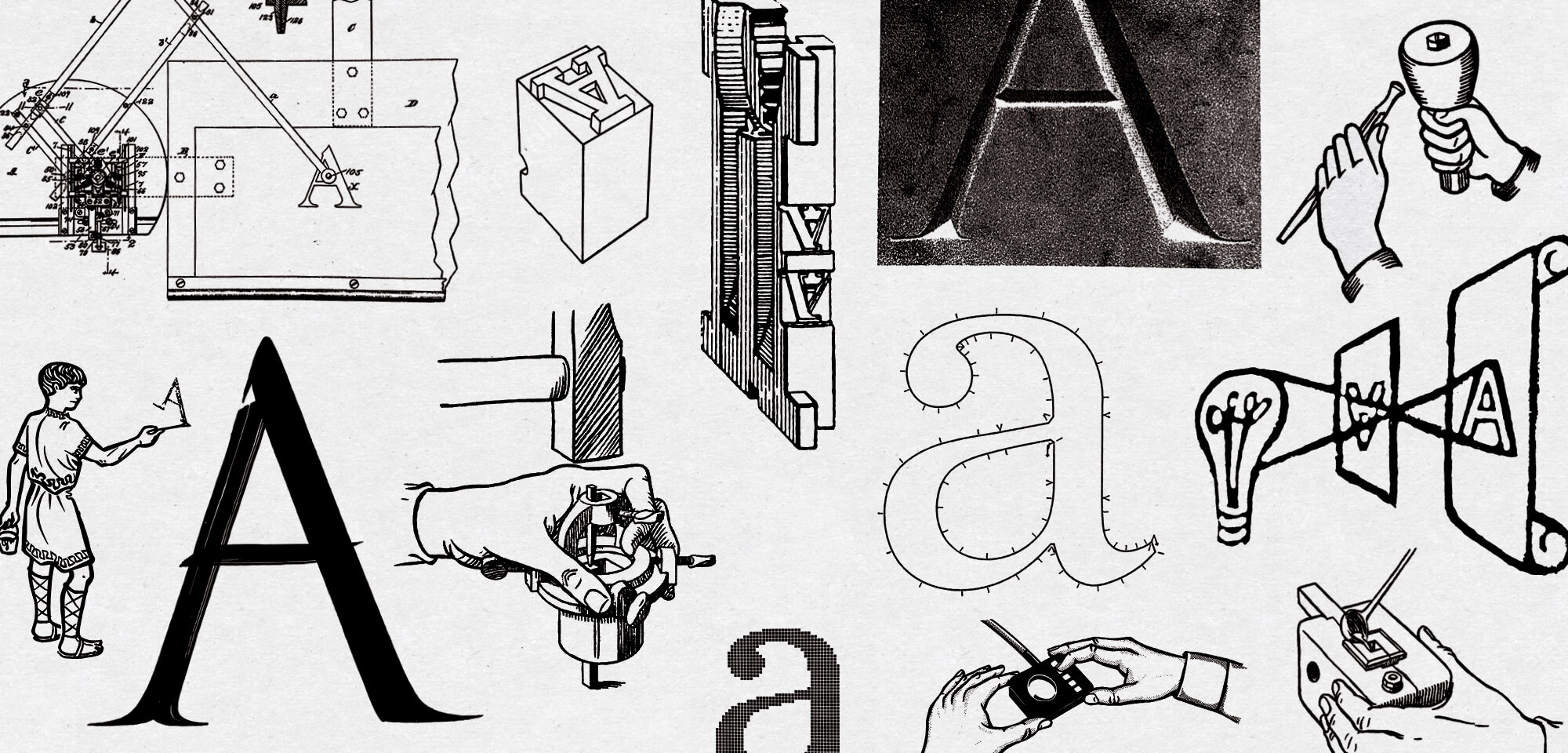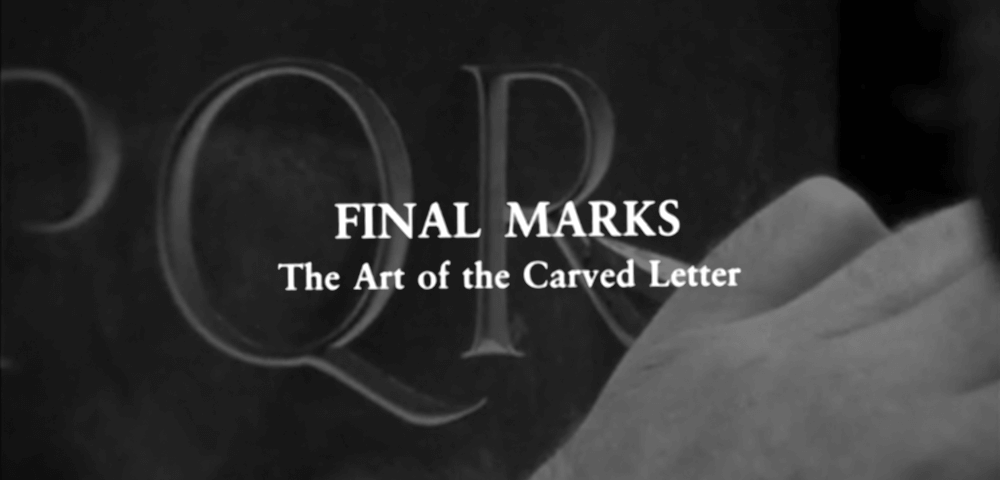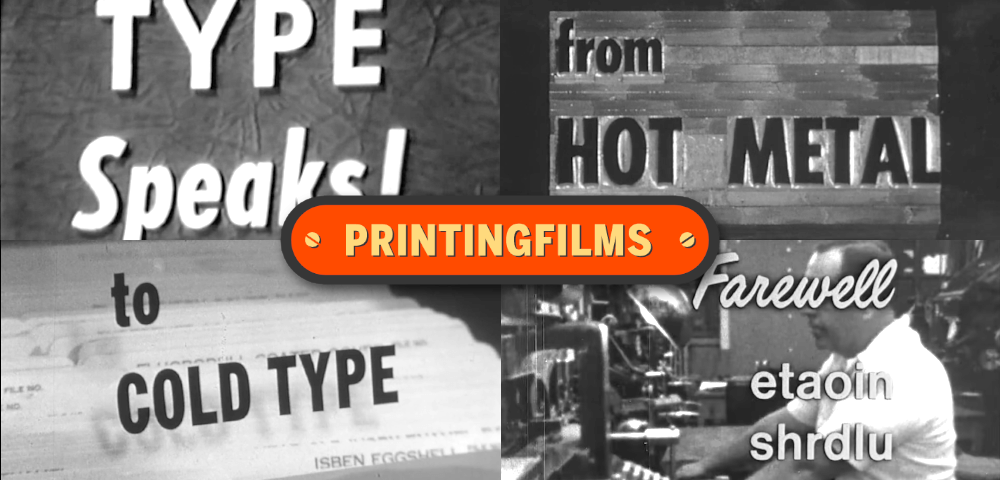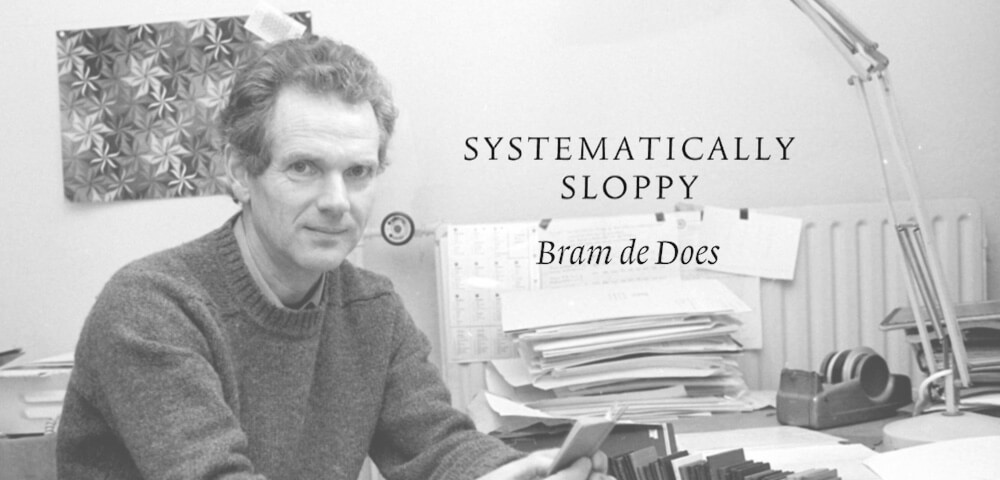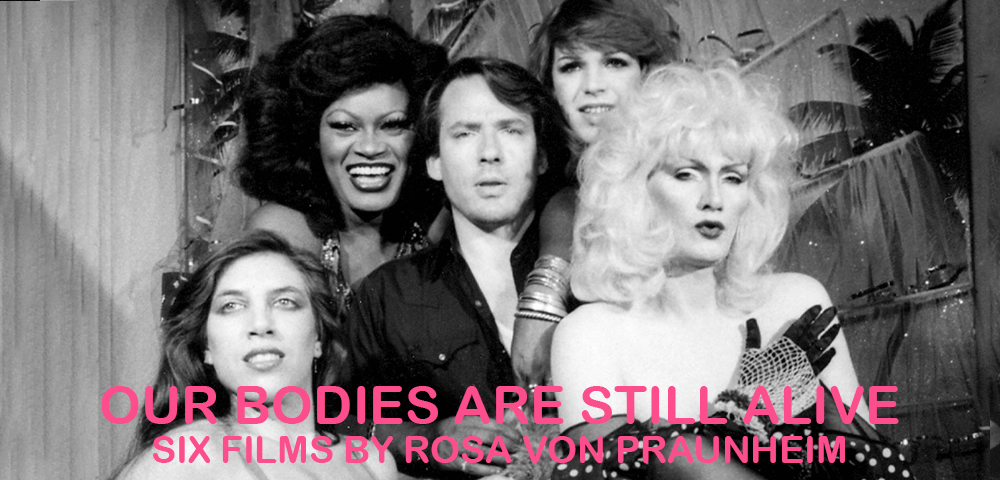
Following the success of last year’s program of activist documentaries by legendary gay German filmmaker Rosa von Praunheim, queer film historian and programmer Elizabeth Purchell (of AGFA and Ask Any Buddy) returns to Spectacle with a survey of Praunheim’s work from the 80s and early 90s. From the bleakly acidic AIDS satire A VIRUS KNOWS NO MORALS to the surprisingly heartwarming trans biopic/doc hybrid I AM MY OWN WOMAN, these six features show the filmmaker at his peak, using both the trappings of genre and his own unique handmade visual aesthetic to interrogate queerness, gender, and German society throughout history in a way that clearly presaged the much more well-known New Queer Cinema of the 90s. All worldwide festival favorites, these films also feature collaborations with a number of beloved cult figures, including trans icons Jayne County and Angie Stardust, and Praunheim’s greatest muse, the septuagenarian dancer and concentration camp survivor Lotti Huber.
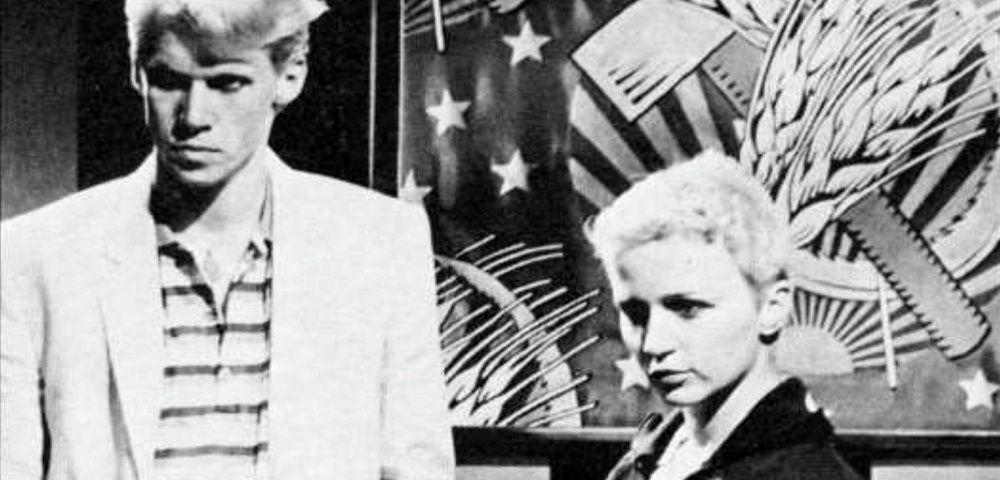
RED LOVE
(ROTE LIEBE)
dir. Rosa von Praunheim, 1982
80 minutes. Germany.
In German with English subtitles.
TICKETS HERE
FRIDAY, JUNE 2 – 10 PM
FRIDAY, JUNE 23 – MIDNIGHT
In this self-proclaimed attack on good taste, Rosa von Praunheim smashes a lavishly produced adaptation of Soviet diplomat Alexandra Kollontai’s A Great Love together with a crudely shot-on-video interview with radical sex activist Helga Goetz, the ex-housewife mother of seven who’d claimed to have had sex with over 200 partners after discovering the free love movement in the 60s. Borne out of Praunheim’s disappointment with the original, more traditional cut of his adaptation of Kollontai’s novella, RED LOVE becomes something more than the sum of its two parts: a singular, punk tribute to two revolutionary women.
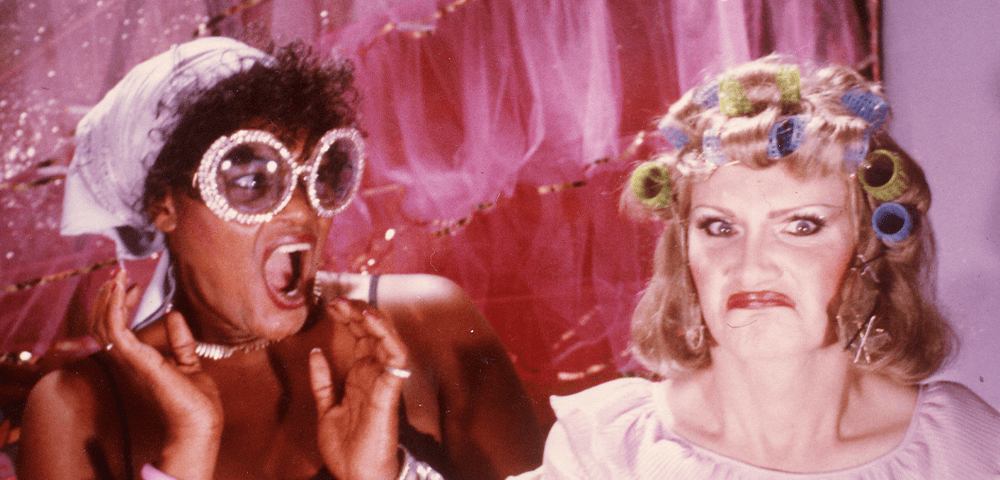
CITY OF LOST SOULS
(STADT DER VERLORENEN SEELEN)
dir. Rosa von Praunheim, 1982
91 minutes. Germany.
In German and English with English subtitles.
TICKETS HERE
WEDNESDAY, JUNE 7 – 10 PM
MONDAY, JUNE 12 – 7:30 PM
Onetime 82 Club performer and trans pioneer Angie Stardust becomes den mother to a group of weirdo queer American émigrés at her Berlin burger restaurant slash boarding house in this absurdist glam musical. Largely drawn from the real-life backgrounds of its stars—including punk icon Jayne County, performance artist Juaquin la Habana, and porn star Tron von Hollywood—and with a number of new wave earworms taken from County and Hollywood’s live U-Bahn to Memory Lane revue, CITY OF LOST SOULS is inclusive, incisive, and one of the greatest trans films ever made.
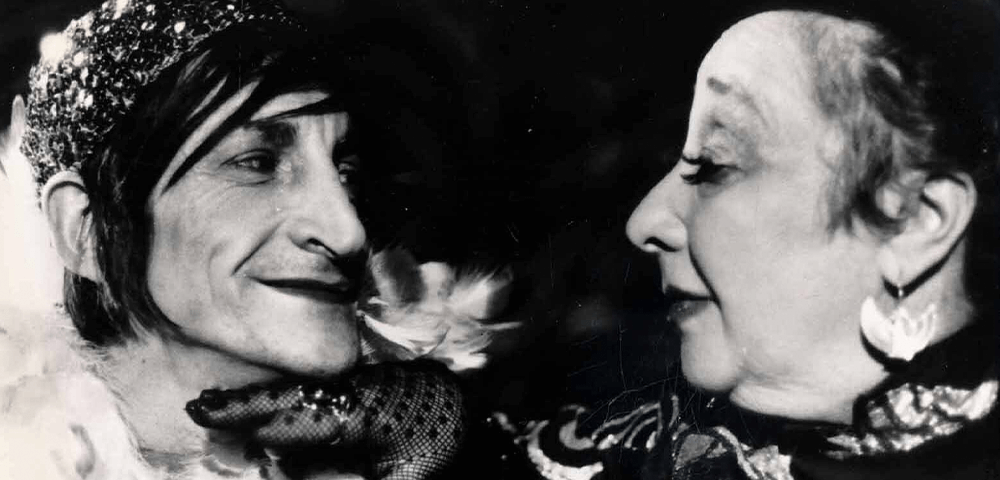
HORROR VACUI: THE FEAR OF EMPTINESS
(HORROR VACUI: DIE ANGST VOR DER LEERE)
dir. Rosa von Praunheim, 1984
85 minutes. Germany.
In German with English subtitles.
TICKETS HERE
FRIDAY, JUNE 9 – MIDNIGHT
WEDNESDAY, JUNE 28 – 10 PM
A young gay couple is torn apart when one of the lovers is drawn into the mysterious Madame C’s cult of ‘Optimal Optimism’ in this takedown of religion and the self-help industry. With a gorgeously handmade aesthetic that could easily be described as ‘Red Grooms meets THE CABINET OF DR. CALIGARI,’ appearances from Praunheim regulars Joaquin la Habana and Günter Thews, and an especially committed performance by the great Lotti Huber, HORROR VACUI: THE FEAR OF EMPTINESS is a biting satire that’s as unsettling as it is funny.
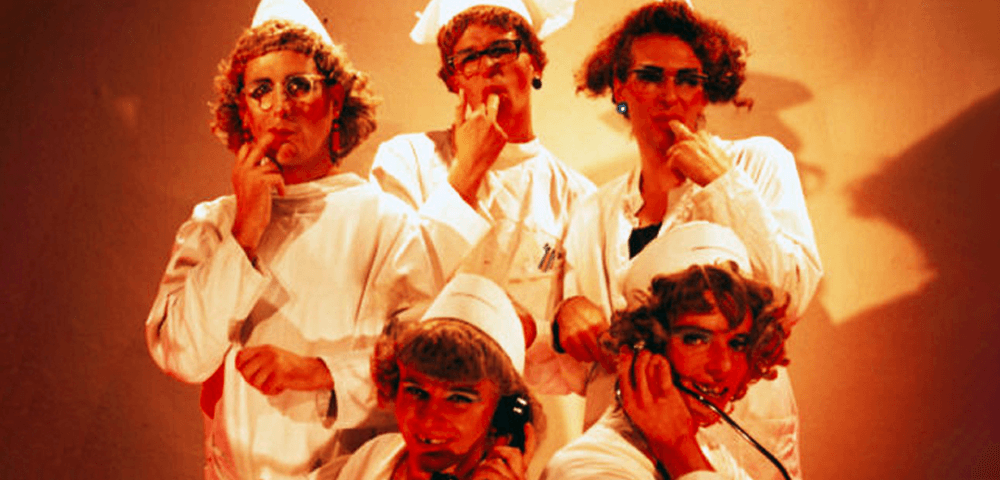
A VIRUS KNOWS NO MORALS
(EIN VIRUS KENNT KEINE MORAL)
dir. Rosa von Praunheim, 1986
84 minutes. Germany.
In German with English subtitles.
TICKETS HERE
FRIDAY, JUNE 16 – 10 PM
TICKETS HERE
SATURDAY, JUNE 24 – 7:30 PM on 16mm!
(This event is $10.)
Meet some of the faces of AIDS in Germany: a capitalist bathhouse owner (played by Rosa von Praunheim himself) who refuses to shut down his business even as he succumbs to disease, a virologist whose research is centered around extracting as much money from the dying as possible, and a straight woman who wants to make it with a gay man ‘before they go extinct.’ Both a precursor to Praunheim’s AIDS Trilogy (screened last year) and the first German film to directly address the epidemic, A VIRUS KNOWS NO MORALS is a caustic, take-no-prisoners satire on the AIDS Industrial Complex and those who sought to both profit from the virus and downplay its threat, and one of the most radical AIDS films of the 80s.
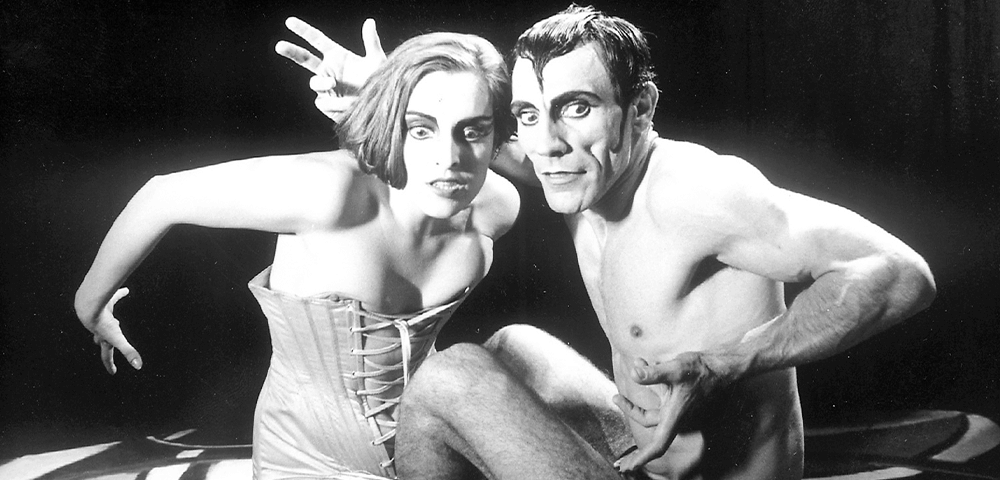
ANITA: DANCES OF VICE
(ANITA: TÄNZE DES LASTERS)
dir. Rosa von Praunheim, 1987
89 minutes. Germany.
In German with English subtitles.
TICKETS HERE
SATURDAY, JUNE 10 – MIDNIGHT
MONDAY, JUNE 26 – 7:30 PM
The true story of Anita Berber, the notorious bisexual who scandalized Weimar Germany with her own particular brand of nude cabaret before dying of tuberculosis at 29, is brought to life in the visions of an eccentric old woman living in present-day Berlin in this shimmering tribute to silent-era German cinema. Written specifically as a starring vehicle for Praunheim’s muse Lotti Huber, ANITA: DANCES OF VICE is the ultimate expression of the filmmaker’s 80s aesthetic and a clear precursor to New Queer Cinema classics like SWOON and POISON.
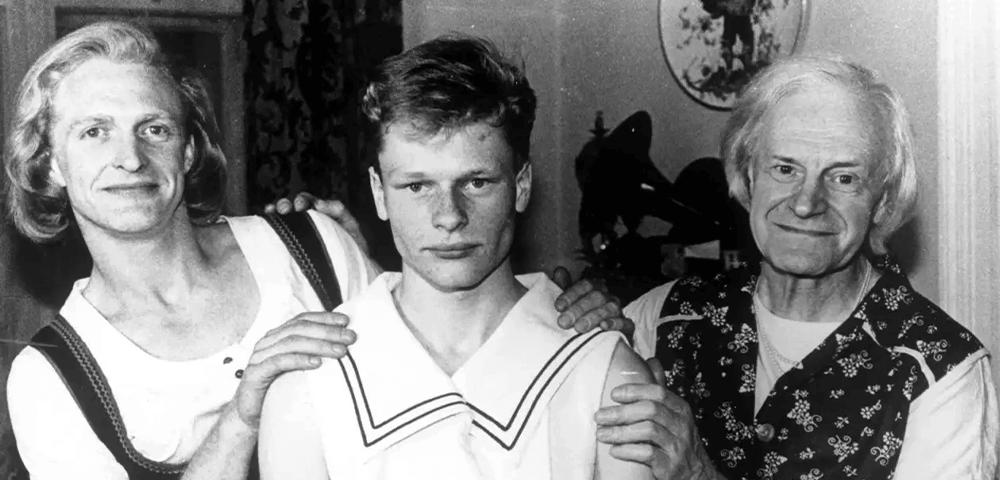
I AM MY OWN WOMAN + CHARLOTTE IN SWEDEN
(ICH BIN MEINE EIGENE FRAU + CHARLOTTE IN SCHWEDEN)
dir. Rosa von Praunheim, 1992 + 2003
105 minutes (combined). Germany.
In German with English subtitles.
TICKETS HERE
SATURDAY, JUNE 17 – 3 PM
TICKETS HERE
SATURDAY, JUNE 24 – 5 PM ON 16mm!
(This event is $10.)
East German trans icon Charlotte von Mahlsdorf guides Rosa von Praunheim through the retelling of her incredible life story in this biopic that blurs the lines between traditional narrative and documentary. As much about the joys of collecting antique furniture as it is Mahlsdorf’s role in fostering and protecting queer community in East Berlin, I AM MY OWN WOMAN is one of the few trans biopics to truly feel as radical and as original as its subject. Paired with von Praunheim’s short 2003 follow-up, CHARLOTTE IN SWEDEN.

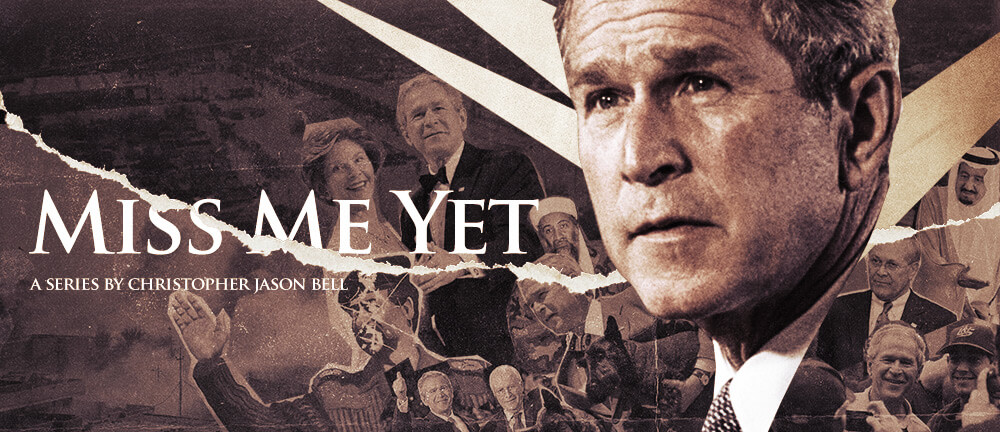
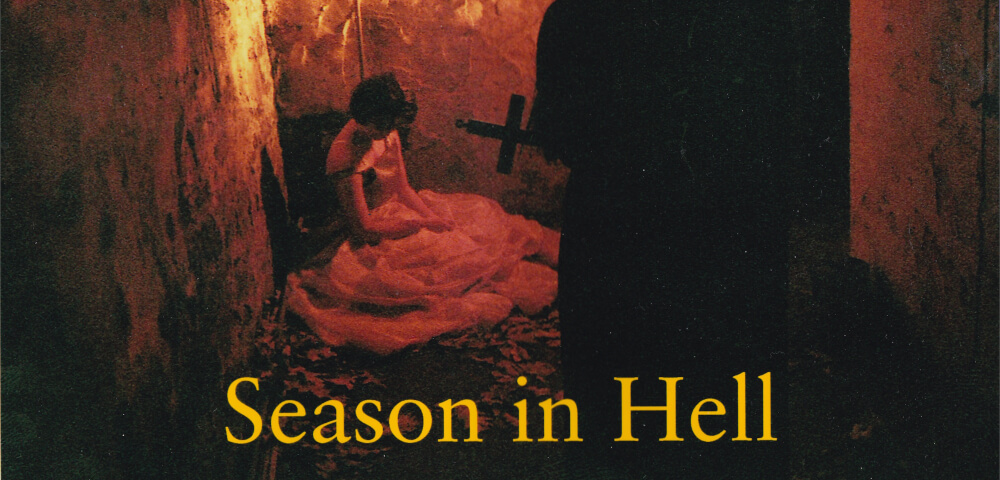
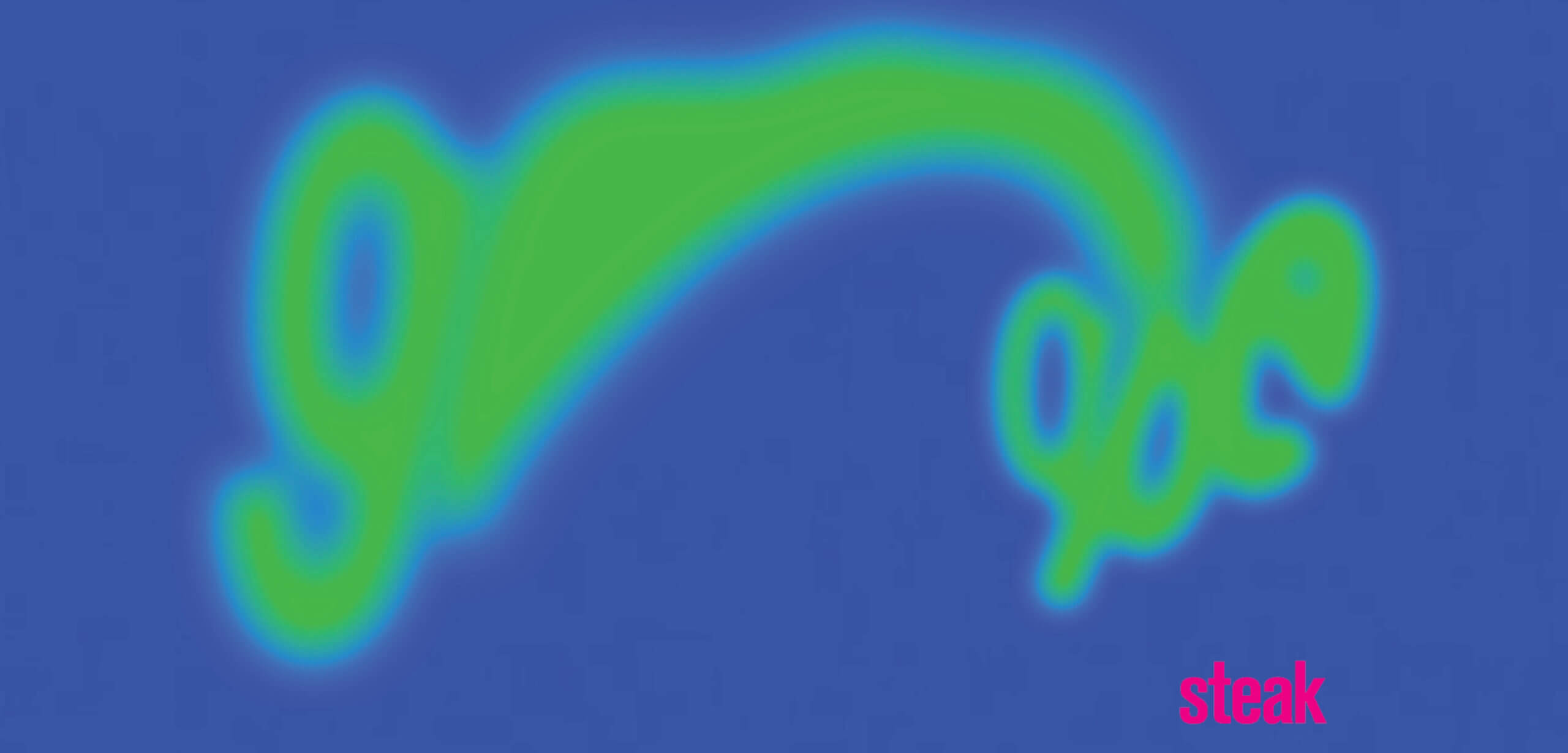 GRAPE STEAK
GRAPE STEAK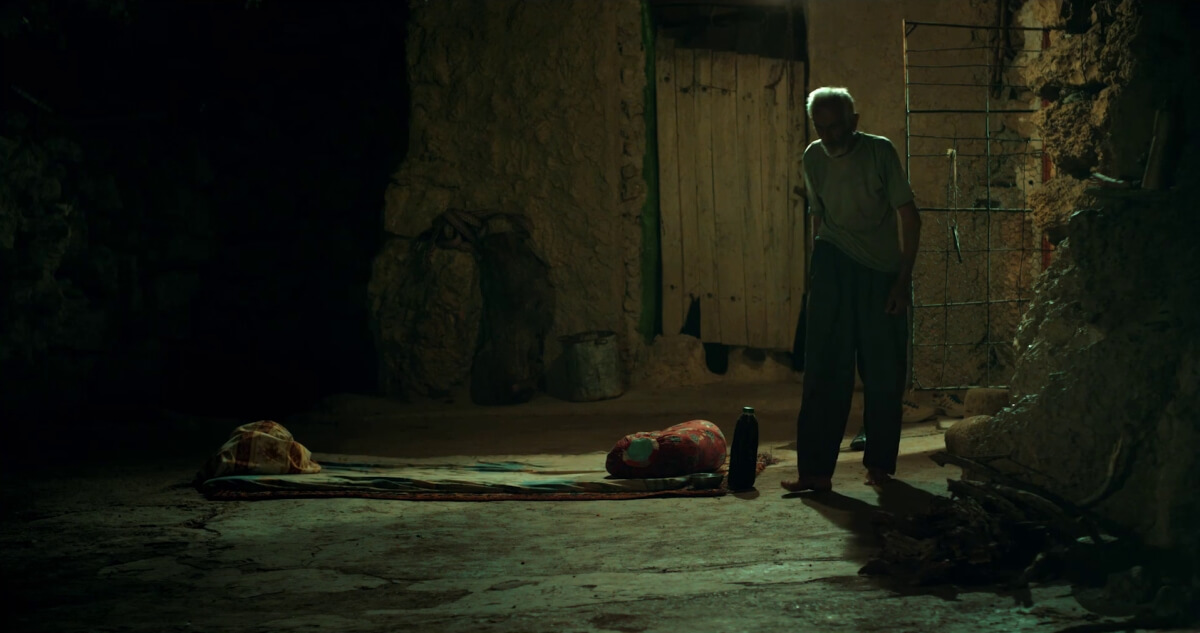
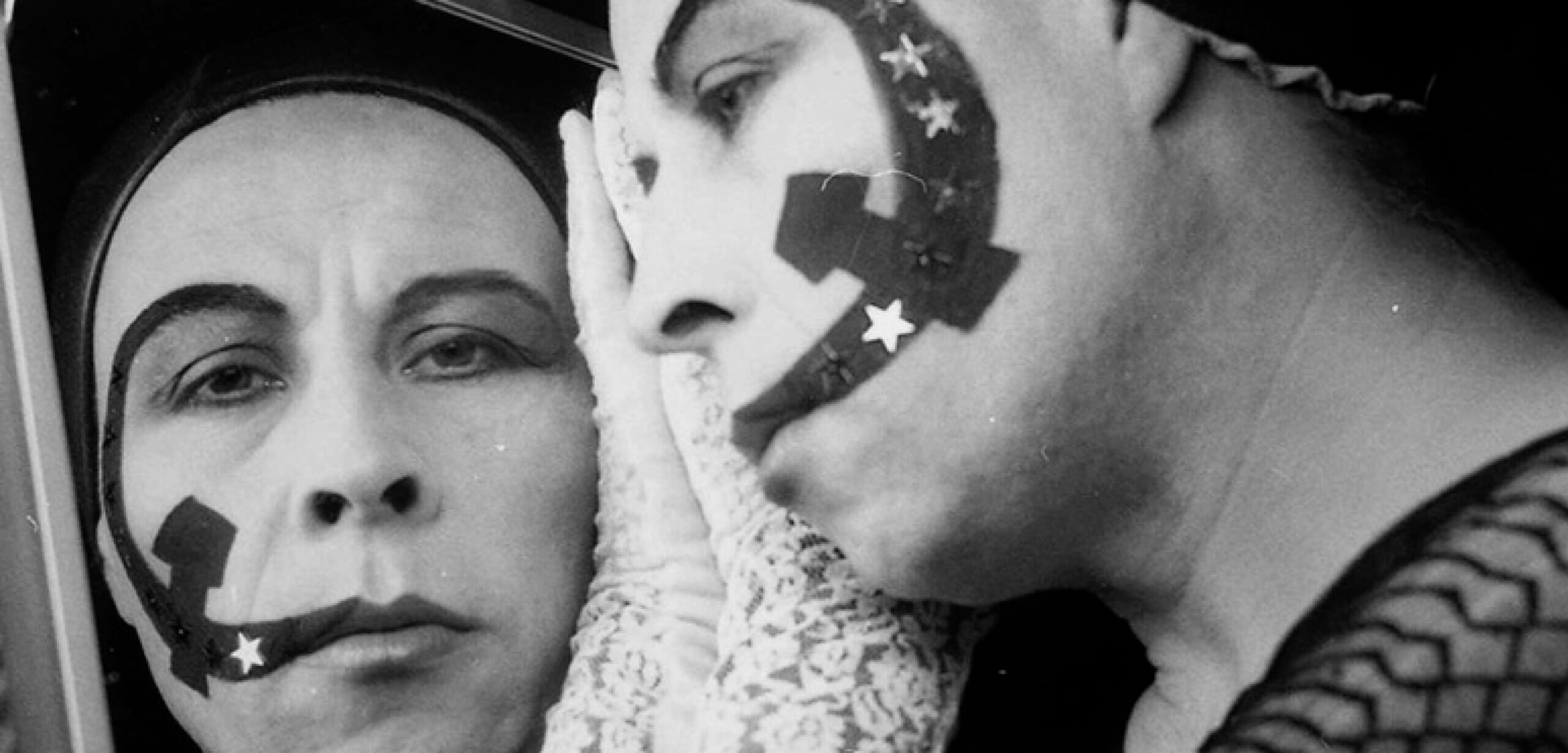 LEMEBEL
LEMEBEL